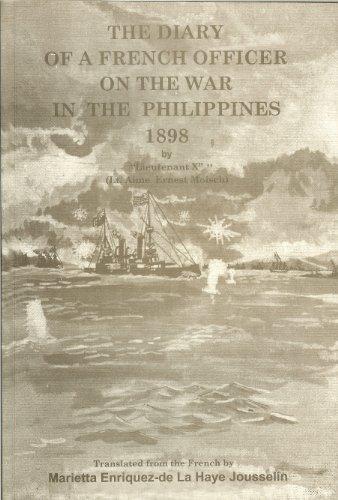Evening
Some Lessons Learned from the Battle
I am on duty tonight. That gives me time to reflect on the day’s events. The chariot of the Great Bear rolls towards the high latitudes on this starlit night, creating a sublime peace. The Southern Cross, suspended in the astral universe, scintillates in the sky. I ask, would this be a calmer, more peaceful night if the sea had swallowed all the ships in the bay and the myriads of men on them? For the moment, everything I have witnessed seems so vivid before my eyes. I am not enthused by this war; still, our marines could learn some lessons from these past events.
Firstly, a wooden ship is only good for firewood and absolutely useless for war. There are those who believe that war is a condition which goes against nature. Therefore, we should put more emphasis on training our officers to become better sailors while asserting ourselves in the colonies and in foreign countries without the intention of either attacking or protecting them. For this purpose, wooden ships would suffice. My response to this is that war is part of life itself and it is peace that is against nature. Peace itself is a miracle, and like all miracles, ceases to be so in an instant. Who would have thought last Christmas that the Americans and the Spaniards would be at war this Easter? If life were not a continuous preparation for war, it would certainly be a futile and unnecessary expenditure to maintain both an army and a fleet. This preoccupation with war is, after all, fundamental to the existence of the military state. These wooden ships could be used as recreation centers and for pleasure trips where one can dance — good for flirtation, as an Englishman said to one of our admirals. But in times of war, these completely useless ships pose a considerable danger, they being difficult to replace and to send back to France, and thus becoming a real setback. In my opinion, a resolute admiral threatened by an attack from a stronger fleet should destroy his vessels, ground his cannons, and protect the lives of his men. But above all, he should not give the adversary the pleasure of an easy victory. The undeniable fact remains that victory is always honorable, and regardless of other opinions, defeat is never glorious.
Secondly, the rapid-fire artillery reigns for the time being as queen of battles, dominating all tactical maneuvers. The average artillery, when cleverly used at the start of combat, can paralyze the most powerful weapons, making retaliation impossible. At Ya-Lu, the big guns did not fire more than 20 shots.
Thirdly, the tactical decision to use rapid firing is paramount in strategic planning.
Finally, the weakness of the heavily armed decks of these battleships should be corrected and the decks modelled after those of the Monitor. A proficient admiral, rather than frontally attacking, annihilates or weakens his opponent by taking aim at the gun decks and the quickworks. If the aim is accurate, a wooden ship would go up in flames like straw if showered with three tons of melinite, but a real battleship would merely be immobilized.
Having no ships is better than having inferior ones.
